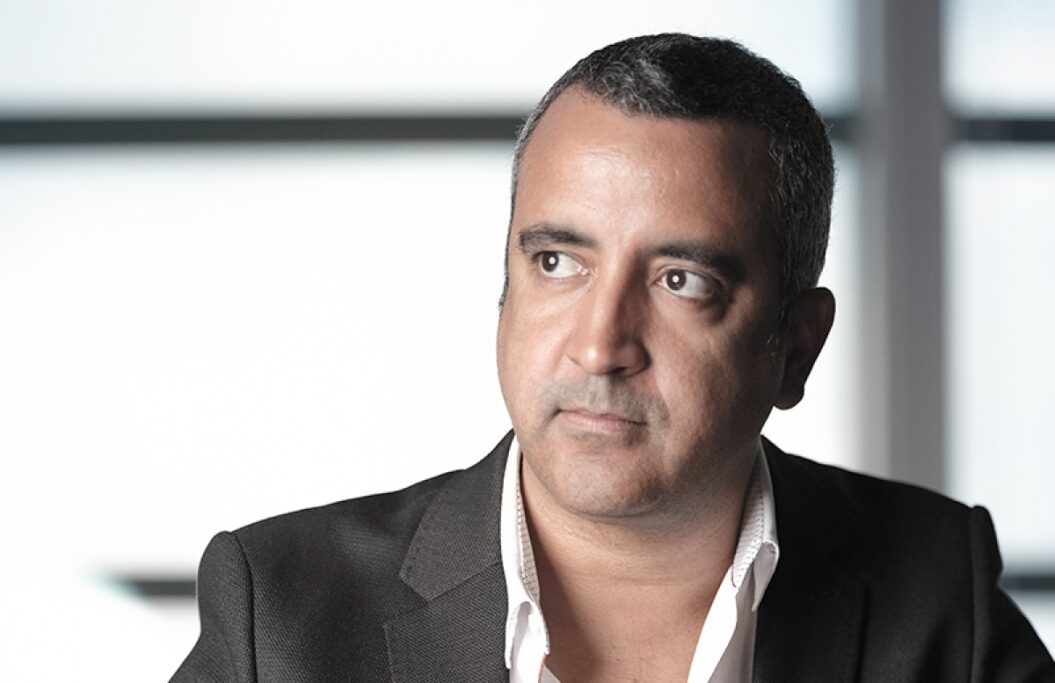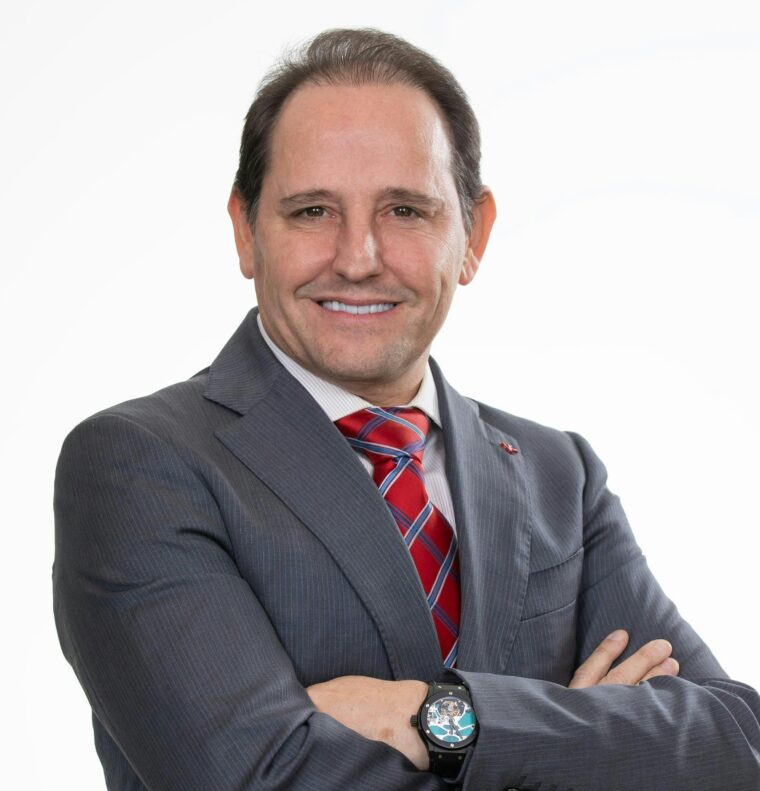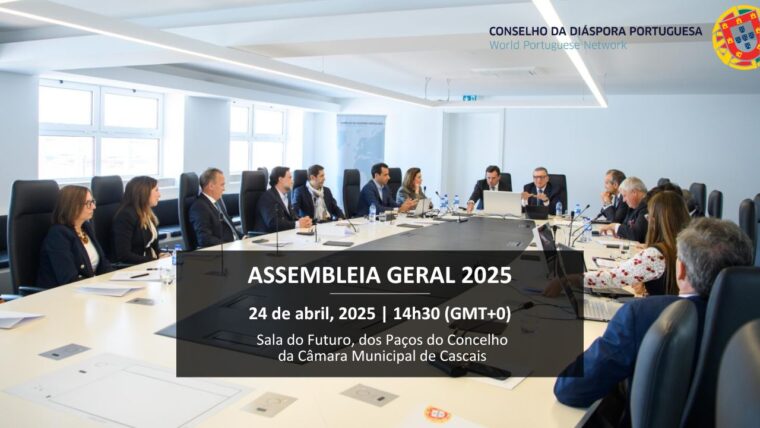Portuguese people who stand out abroad are helping to find out where business opportunities are and what kind of companies and activities the country can attract. An initiative that brings together Negócios and the Portuguese Diaspora Council.
1. WHAT MADE YOU LEAVE PORTUGAL?
When I completed my Architecture degree in 2003, the job market for architects was not good. I think there were far more architects graduating than our economy could eventually absorb. The opportunities I had seemed always less ambitious or were anchored in the fact that my parents continued to finance my daily life as if I were still a student.
I then had a conversation with one of my university project professors – Manuel Vicente – and he challenged me to work with his partners in Macau. I thought it would be a unique opportunity – a good start – and accepted. I worked in Macau for two and a half years, followed by a year in Hong Kong and 16 years in Singapore. And it continues…
2. WHAT ADVANTAGES OR DISADVANTAGES DID BEING PORTUGUESE BRING YOU?
I don’t think I had any obvious or extraordinary advantages or disadvantages due to nationality. Being Portuguese may have made it easier for me to get a work visa in Macau, but I can’t state that categorically. Similarly, when I moved to Hong Kong to work on integrated resort projects to be built in Macau, speaking Portuguese and potentially better understanding Macau’s local codes might have been a small favorable factor.
In terms of professional profile, I think Portuguese architects are predisposed or even accustomed to a certain level of sacrifice. It’s a very difficult profession to start in Portugal. In this sense, I think the general reputation of Portuguese architects, at least in Hong Kong and Singapore, is of a quality professional, well-trained and hardworking.
The team I was hired for in Hong Kong was enormous – about 150 architects – and there were people from all over the world – China, Hong Kong, UK, Canada, USA, Portugal, France, Mexico, India, Indonesia, New Zealand, Australia, etc. It was a very international and professionally demanding environment. I didn’t feel that any specific nationality had priority over another, but I noticed how the Portuguese were regarded in terms of responsibility, trust, dedication, and even leadership by example.
3. WHAT OBSTACLES DID YOU HAVE TO OVERCOME AND HOW DID YOU DO IT?
Personally, integrating into the social context of Macau first, then Hong Kong, and finally Singapore was always very easy. I developed friendships quickly in any of the environments. In Macau, there was a young Portuguese community, socially intense, and thus integration was easier and faster. The biggest obstacles or challenges I found were professional and related to the international project and construction language, particularly concerning the associated acronyms… In Anglo-Saxon environments, abbreviations are used for everything. I had to develop my own dictionary of acronyms to communicate. Over time, this challenge was overcome, and today I even use and abuse acronyms.
Another challenge was working in large groups with a large number of consultants and very tight schedules. I remember that in the first 18 months in Macau I participated in more than 25 projects, and some went from concept to project opening and subsequent use. Simply incredible!
Then, in Hong Kong, I worked on the largest construction project ever in terms of area at the time – “Sands Cotai Central” – and the client – “Sands” – had a strategy of starting construction while the project was still in the design and coordination phase. Throughout the process, there were numerous changes and versions of the design, as well as numerous demolitions whenever something evolved and was different from what had already been built. With this strategy, the client could save at least a year in the design and construction process and consequently gain an extra year of revenue from the casino, conventions, and hotel operations.
4. WHAT DO YOU ADMIRE MOST ABOUT THE COUNTRY YOU’RE IN?
Singapore is an extremely organized, functional, planned, and safe country. I admire all these qualities as they give me great freedom of movement. This solid foundation allows me to have great confidence, for example, in my children’s routine, even if I have to be away for a few days on a work trip.
On another dimension, which also attracts me, Singapore has a generally sophisticated, educated, relatively cultured society that values a sustainable daily life. Although the territory is small – about 20 by 40 km – it has a system of parks, nature reserves, and green connectors that promote sports, pedestrian connectivity, etc. There is also a great offer of museums, international and local restaurants, sports facilities, etc., which make the country comfortable to live in, with a diverse range of options for developing healthy routines.
5. WHAT DO YOU ADMIRE MOST ABOUT THE COMPANY/ORGANIZATION YOU’RE IN?
10 Design is an avant-garde international firm in architecture and urban planning with a truly global perspective. Although it operates from several studios, it functions very cohesively, with intense collaboration and sharing, as if it were a single office. This is an excellent quality that gives the group great resilience.
6. WHAT RECOMMENDATIONS WOULD YOU GIVE TO PORTUGAL AND ITS ENTREPRENEURS AND MANAGERS?
I don’t necessarily consider myself a particularly successful entrepreneur who can advise, based on my resume, Portuguese entrepreneurs and managers. I am an architect who has had management responsibilities for several years. However, I think that, from a relatively simple perspective, I would recommend encouraging/sponsoring international experience for a certain period – 2 or 3 years – for young Portuguese talents. I would do this by creating, for example, a longer-term bond where a return and continuity in the promoting company/entity would be foreseen. In this way, the added value created, combined with the original talent and qualities, would return to Portugal.
An experience abroad gives us a broad view of contexts, cultures, conflicts, religions, perspectives, and even business opportunities, which I think is fundamental for a modern and culturally elevated society – as I envision Portugal to be. In architecture, for example, I think this universal vision is very valuable, even fundamental.
7. IN WHAT SECTORS OF THE COUNTRY YOU LIVE IN CAN PORTUGUESE COMPANIES FIND CLIENTS?
Essentially, I think Singapore should be seen as a strategic gateway to Southeast Asia or even Asia-Pacific. I believe that in the sectors of IT, renewable energies, personalized tourism, and the export of high-quality food products, Portugal is very strong and with possibilities to stand out – something it already does to some extent with some success. I also think that in the logistics sector we should be able to evolve in cooperation with Singapore.
8. IN WHICH SECTORS OF PORTUGAL COULD COMPANIES FROM THE COUNTRY YOU ARE IN WANT TO INVEST?
Just as I see Singapore as a strategic gateway to Southeast Asia, Portugal can be a strategic gateway to Europe and even a bridge to the Americas. There is already significant investment from Singapore in Portuguese territory in the logistics sector – Port of Sines – and I see this as a key sector for Portugal. In a way, the two countries have similarities in geographical and strategic contexts in the regions where they are located. I also think there is a certain economic vigor and liquidity for investments in this region, and hence it might be attractive for Southeast Asian companies to invest in high-tech and sustainability training and specializations, food production, and again, renewable energy exploitation, where Portugal seems to be among the leading countries in this sector.
9. WHAT IS THE COMPETITIVE ADVANTAGE OF THE COUNTRY YOU ARE IN THAT COULD BE REPLICATED IN PORTUGAL?
Singapore has some advantages over its neighboring countries, of which I would highlight political stability, banking and financial solidity, strategic geographical situation (in the context of Southeast Asia), the apparent privileged geographical situation – protected from natural disasters – and the fact that it has a top-notch infrastructure and transport network. Portugal, being able to serve as a gateway between Europe and the Americas, between Europe and Northwest Africa, and even between Europe and Asia – in maritime connections – should have an equally top-notch network of airports, ports, and air, maritime, and rail transport. It would enhance its geographically strategic and privileged position to strengthen its economy and resilience.
10. DO YOU PLAN TO RETURN TO PORTUGAL? WHY?
Without a doubt. Portugal is where my immediate family and my childhood and youth friends are. Along with this context, Portugal is a privileged country in terms of safety, climate, gastronomy, etc. Sooner or later, it will be my residence again.







